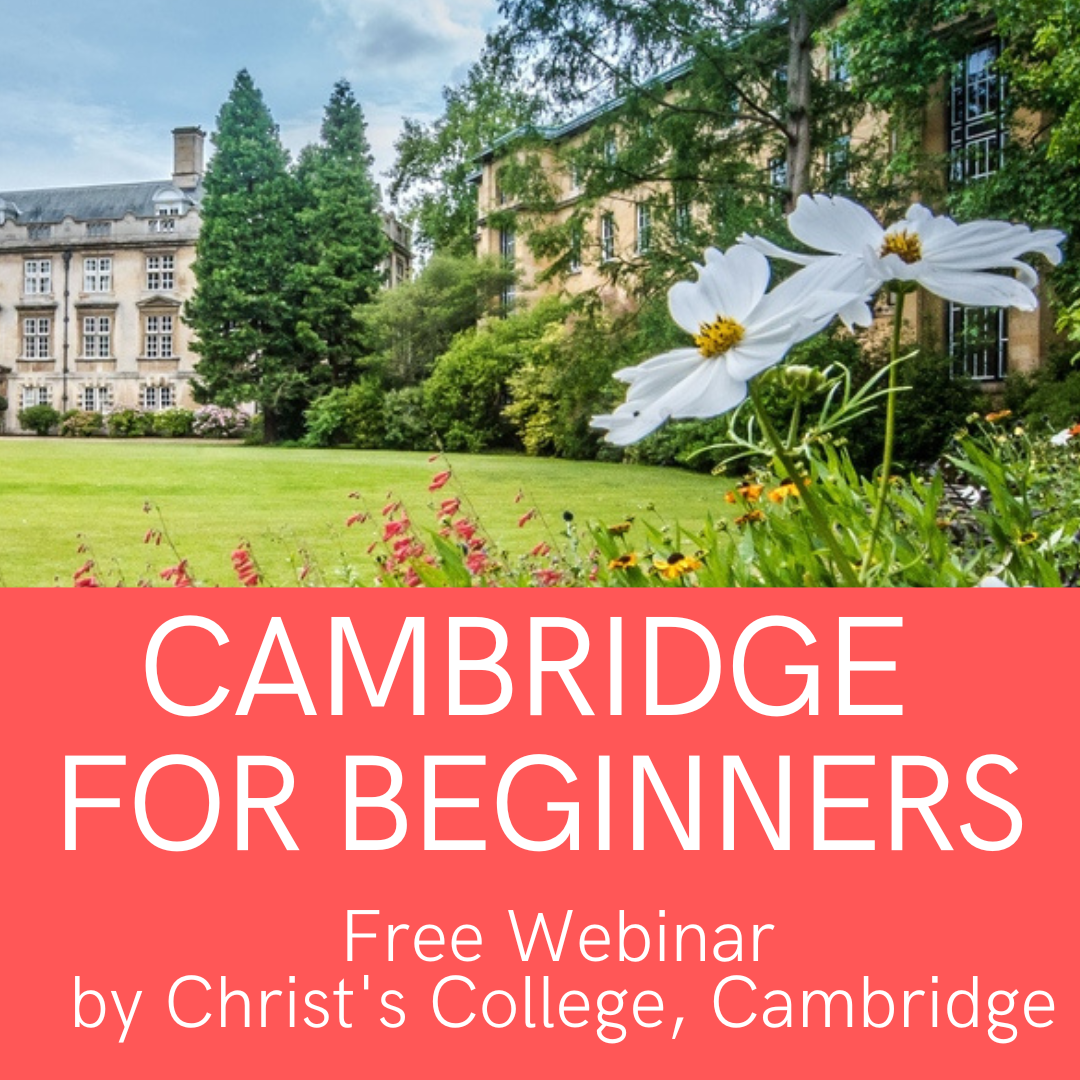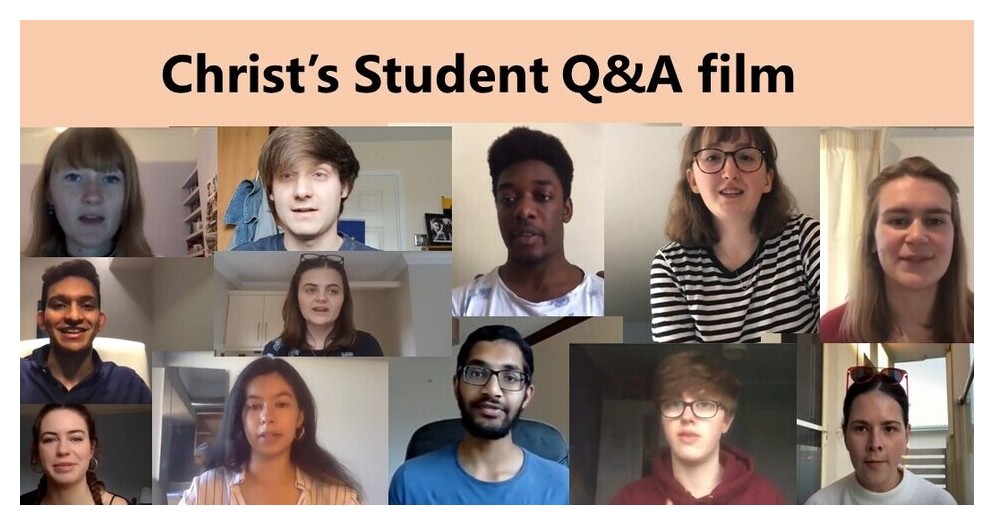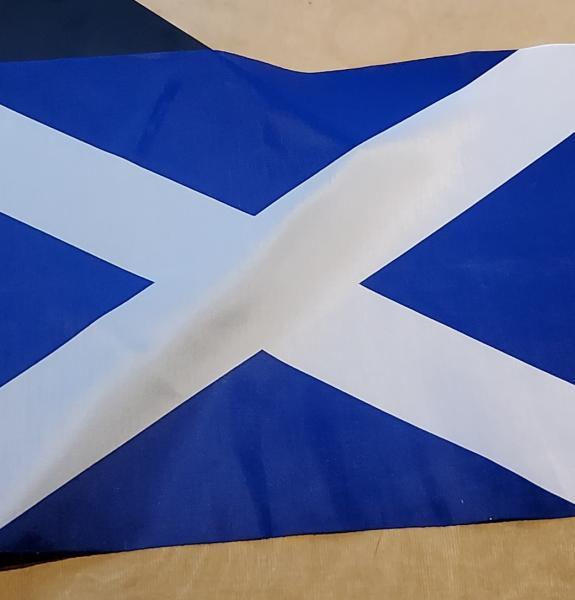
- Why study Computer Science?
- Course structure and content
- Teaching
- What do our students think?
- How to apply
- Helpful resources
- Come to an Open Day or Webinar
- Want to know more?
| Booking is open for our Computer Science subject meeting on Wednesday 28 May |
Why study Computer Science at Christ's College?
Christ's is a few minutes' walk of Mill Lane where first-year lectures for Computer Science are held. The College also provides a modern library, a theatre, sporting facilities, playing fields, social activities and clubs and societies open to all.
Course structure and content
The Computer Science course (or ‘tripos’) is a four-year degree, and you can choose from a range of options in the first year.
Please visit the University website for full details of the Computer Science course content and structure, including the course film. You will also find information on the Department of Computer Science and Technology page for prospective applicants. If you have any further questions, please contact undergraduate.admissions@cst.cam.ac.uk.
Teaching

Christ’s’ Fellows possess a range of expertise that covers the full spectrum of the Computer Science course, so you can expect strong, informed teaching.
- Professor Richard Mortier: Christ’s Director of Studies in Computer Science and University Lecturer in the Systems Research Group at the Cambridge University Computer Lab
- Professor Marcelo Fiore: Professor in Computer Science and a member of the Programming, Logic and Semantics Group
- Professor Ian Leslie: Professor of Computer Science and a member of the Systems Research Group
- Professor Steven Murdoch: Professor of Security Engineering at UCL and bye-fellow at Christ's College.
- Dr Damon Wischik: University Lecturer in the Human-Centred Computing Group at the Cambridge University Computer Lab.
Christ’s College Director of Studies in Computer Science Prof Richard Mortier can advise you on choosing options and arrange your twice-weekly ‘supervisions’. These small-group teaching tutorials offer support and tuition tailored to your personal work. As other universities usually tutor in much larger groups, this approach is a real advantage of a Cambridge education.
Our students enjoy the fact that Christ's College is just a few minutes’ walk from Mill Lane, home of first-year Computer Science lectures.
What do our students think?

Read about the experiences of some of the Christ's Computer Science students:
If you’d like to hear from other Christ's students, please watch the Christ's student Q&A film, and visit our Student Profiles page.
How to Apply
Visit How to Apply for full details and a timeline of the application process. We welcome applicants from all backgrounds and school types, all over the world. If you're applying from outside the UK, please read our international students section.
| News |
|---|
|
Subject requirements
We particularly welcome applications from candidates with a strong background in mathematics and/or science.
If you are taking UK-designed A-levels (these include International A levels but not Singapore A levels).
- A level Mathematics is required
- A level Further Mathematics is required
- It is desirable to take Physics and/or Computer Science.
If your school does not offer Further Maths, you may be able to get support from the Advanced Mathematics Support Programme.
For all other qualifications, including the International Baccalaureate and Scottish Advanced Highers:
- Mathematics (or an equivalent) is essential. IB students must take Maths Analysis and Approaches and students in the USA system should take AP Calculus BC.
- You must also take at least one other subject out of Physics, Chemistry or Biology.
- It is desirable to take Physics and/or Computer Science.
Students in the Scottish system should see the advice here and students taking the International Baccalaureate should see the information here.
A number of our international candidates (from countries where you study a wide range of subjects at school in the final two years) take part in Mathematics competitions as a way to focus on extending mathematical knowledge and ability.
TMUA (registration required)
All applicants for Computer Science at Cambridge must sit a computer-based assessment called the Test of Mathematics for University Admissions (TMUA). This is the same at all Cambridge Colleges.
TMUA 2025 Registration deadline: To be confirmed (deadline expected to be available by early May)
TMUA 2025 Test dates: Monday 13 and Tuesday 14 October 2025 (as confirmed on the UAT UK website)
You must register and take the TMUA in the correct sitting. For students applying to Cambridge in September 2025 (for Oct 26 or deferred Oct 27 entry), please check the dates and details on the TMUA website from May 2025. You can normally create an account, pay the registration fee and register from early August, the registration deadline is normally mid-September (date to be confirmed), and you take the TMUA in person at a Test Centre in mid-October. You must use the October sitting in the year you apply - tests sat on other dates are not accepted. There are test centres in over 180 countries around the world. You will receive your results via Pearson Vue approx six weeks after you sit the test (results are automatically shared with us as well - you do not need to send them to us).
Please read the TMUA summary then look at the ESAT-TMUA website for full details, including preparation resources, how to register and book your test, details for UK applicants in financial need and students who have access requirements for a disability.
There is no set score that we are looking for and we don't expect you to get every question right. The TMUA forms part of our holistic admissions process, which means that we will look at your scores in the context of your whole application.
Interviews
If we select you for interviews, these usually take place in early December. At Christ's we do all of our interviews online. You can have your interviews either at home (most applicants do this) or at school (if easier). The interviews last 35-50 minutes in total. At Christ’s, we usually split the time into two interviews with academics in Computer Science.
Further, more general information about interviews (including two useful films) is available in the Cambridge interviews section, and it's worth also having a look at supervisions (short film here), as interviews are similar to what you do every week as a Cambridge student.
Offers
Christ's College does not have fixed quotas of places for different subjects and the exact numbers admitted in any one year will depend upon the strengths of the fields of applicants in various subjects.
We define the terms of each offer individually, but the minimum offer for Computer Science is
- A*, A*, A at A-level
- 42 points overall in the International Baccalaureate with 7, 7, 6 in relevant Higher Level subjects
- A1, A1, A2 in three relevant Scottish Advanced Highers (See the Computer Science from Scotland page)
You need to be academically ambitious: the majority of Christ's students arrive with higher grades than are required.
If you're taking another qualification, we expect you to be working at or close to the top of the mark range, for example
- Baccalauréat français international (BFI): 17 (mention très bien) out of 20 overall, with a minimum of 17 in relevant subjects including Mathematics
- European Baccalaureate: at least 85% overall, with 9/10 in relevant subjects including Mathematics
You can look up other qualifications in the offer levels for other exam systems and international entry requirements, and if you are applying from outside the UK please read the Christ's international students section for further information and check the country pages.
If you will have finished school when you apply, please also read about post-qualification applications, taking a gap year, and, if relevant, applying from a university.
Helpful resources
| TMUA preparation materials | Including specification and sample tests with explained answers. There is also an archive of old TMUA papers to help prepare. |
| Ada Computer Science | A FREE online learning platform developed by the Raspberry Pi Foundation and the University of Cambridge. The content is tailored to A level exam boards. You study and revise at your own pace, track your progress as you answer questions and work towards achieving better exam results. You can feel confident that you are accessing high-quality and relevant materials written by experienced teachers. |
| Advanced Mathematics Support Programme | A programme that offers advice about choosing A level Further Mathematics, revision events, enrichment materials and activities, and tuition, when it is not available through your school or college. See in particular A level Mathematics and A level Further Mathematics, as well as Resources for self-study, the Further Maths Fact Sheet and the free Further Maths videos. There is also help with the step up from secondary school maths to A level maths. |
| Imperial College London A level Further Maths skills course | This is to support students taking Further Maths A level (so you can use the free version) - it does not replace the A level Further Maths qualification. |
| NRICH Mathematics | Free online resources to help you develop mathematical reasoning and problem-solving skills. See in particular curriculum content, advanced problem-solving materials, prepare for university, and live problems, |
| Maths transition help | Transition from from GCSE (secondary school) to A level (sixth form) maths; Transition from A level (sixth form) to university maths |
| Plus Magazine | A variety of maths articles and podcasts written for sixth form students, exploring the dynamic importance of maths and its applications. You can search for articles with the Computer Science tag. |
| Project Euler | Mathematical/computer programming problems - the use of a computer and programming skills will be required to solve most problems. |
| Raspberry Pi | If you can get hold of a Raspberry Pi, it would be good to follow one of the many hardware and software tutorials available online for it. This will give you familiarity with the UNIX command line, which you'll find very useful on the course at Cambridge. |
| Reading suggestions | - A Kee Dewdney, The New Turing Omnibus (Palgrave Macmillan, 2003) Publications such as New Scientist and Scientific American often have articles on Computer Science too. |
| Oxford Computer Science talks | Research talks |
| Nuffield Research Placements | Year 12 opportunity to work on a summer research project. Strict eligibility criteria apply. |
| Isaac Physics | If you're studying Physics in sixth form, this website will help you develop problem-solving skills in Physics. See A-level resources and student support. There is also a mentoring scheme, events and opportunity to earn a summer school place. There's also a video lesson archive which covers the core syllabus for A level Physics. |
| HE+ Computer Science | A website for students who want to explore Computer Science beyond the school curriculum. |
| CamGuides | Introducing the academic and information skills that you will need during your studies, as well as how and where you would be working |
Come to an Open Day / Webinar
Our open days and events page advertises regular online opportunities as well as events you can attend in Cambridge. If you can, sign up for a College Open Day (our October, February and September events normally include a meeting with a subject specialist). Between February and August we run regular webinars:
- Subject Matters: The importance of post-16 subject choices (this one is also run Sept - Nov)
- Cambridge for Beginners
- Personal Statements and preparing for an application
Further subject-specific opportunities you might wish to consider include Subject Masterclasses organised by Cambridge Admissions Office, and subject-specific talks in the July Cambridge Open Days. If you are a UK student from a background where there is little tradition of entry to Higher Education, you can apply to attend a Sutton Trust Summer School in Computer Science or to shadow a current undergraduate studying Computer Science via the Cambridge SU Shadowing Scheme (do be aware that there's a high proportion of applicants to places for both of these last two opportunities so please don't be discouraged if you don't get a place).
Want to know more?
For a full picture of what the course involves, please take a look at Undergraduate admissions in Computer Science on the University website and visit the Computer Science department page. If you have any queries, please send them to admissions@christs.cam.ac.uk and we’ll help however we can.
Undergraduate Admissions main page / Back to the subject list / How to apply / Why choose Christ's?

